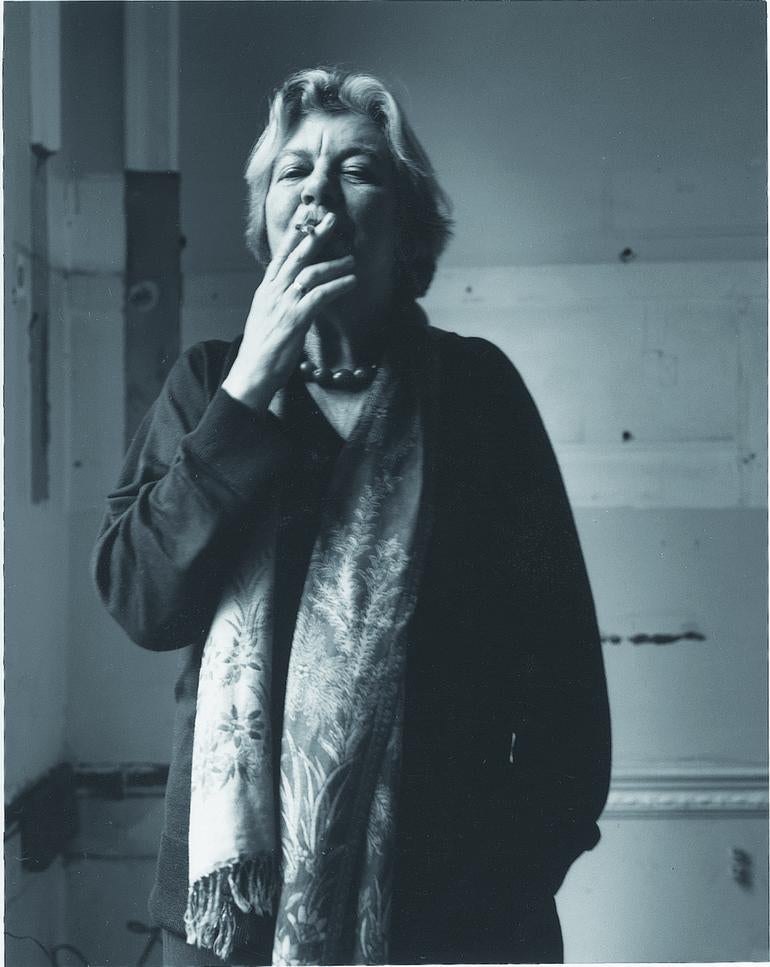
Writer Dr Sarah Thornton has won £65,000 damages over a “spiteful” book review by journalist Lynn Barber.
Thornton sued for libel and malicious falsehood over a November 2008 Daily Telegraph review by journalist Barber of her book “Seven Days in the Art World”.
The former academic complained that Barber, a member of the 2006 Turner Prize jury, falsely alleged that she had not interviewed her for the book – when she had by phone – and that she gave her interviewees “copy approval”.
The case went to London’s High Court after Thornton rejected a qualified “offer of amends” from Telegraph Media Group Ltd, and ended today in what is believed to be the first finding of malice against a reviewer in decades.
The newspaper said it would be seeking permission to appeal “at the earliest opportunity”.
Thornton’s QC Ronald Thwaites had said the review was “spiteful” from its opening words, which were personal and disparaging, and rejected Barber’s claim of forgetfulness.
In his ruling, Mr Justice Tugendhat said that the offer of amends provided no defence to the libel claim.
“It is with some hesitation that I reached the conclusion that Ms Barber knew the interview allegation was false at the time she wrote the review.
“I have had no hesitation in reaching the alternative conclusion that – if she did not know it was false – she was reckless, that is indifferent as to whether it was true or false.”
He said that Dr Thornton had satisfied him that she did not grant copy approval.
“The allegation that she did so is false, and Ms Barber knew that it was false.”
He said that there was, as Barber well understood, a distinction between quotation approval and copy approval.
He added that the copy approval allegation was far less serious than the interview allegation.
“The interview allegation does not relate merely to professional practice. It is an attack on Dr Thornton’s honesty.
“I accept Dr Thornton’s view that there could hardly be more serious an allegation to make against someone in her profession.”
He said the damage was aggravated by the malice on the part of Ms Barber and by the manner in which Dr Thornton’s complaint was dealt with – “in ordinary language she was fobbed off”.
The newspaper’s apology was not prompt and there was no apology for the copy approval allegation.
Thornton had also been subjected to intrusive cross-examination, which had no relevance to the case but which served to humiliate.
The least award that was necessary was £65,000, with £50,000 attributed to the libel and £15,000 to malicious falsehood.
Afterwards, Thornton said: “This case, at its heart, is about journalistic integrity. At a time when the ethics of the tabloids are under scrutiny, here is an example of a `quality’ journalist’s abuse of power.”
Her solicitor, Daniel Taylor, added: “Critics are rightly valued for their opinions but the judge has made clear that they must not misrepresent the underlying facts deliberately or recklessly.”
A Telegraph Media Group spokesperson said: “We are dismayed by this judgment. We believe the findings that Lynn Barber was reckless and motivated by malice are erroneous, and have adverse implications for freedom of expression.”
Email pged@pressgazette.co.uk to point out mistakes, provide story tips or send in a letter for publication on our "Letters Page" blog

